Benny Bock - Vanishing Act (2022) Hi-Res
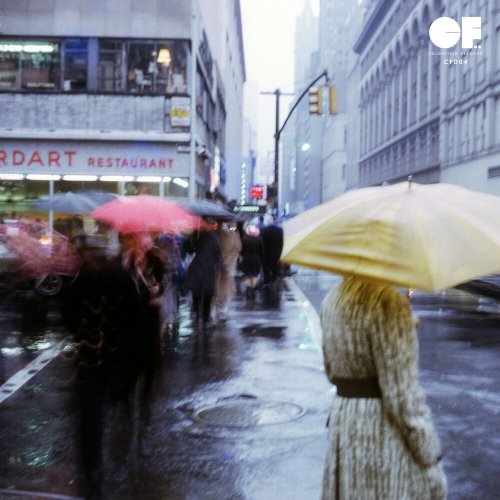
Artist: Benny Bock
Title: Vanishing Act
Year Of Release: 2022
Label: Colorfield Records
Genre: Jazz, Experimental
Quality: 320 / FLAC (tracks) / FLAC (tracks) 24bit-48kHz
Total Time: 33:31
Total Size: 78 / 175 / 370 Mb
WebSite: Album Preview
Tracklist: Title: Vanishing Act
Year Of Release: 2022
Label: Colorfield Records
Genre: Jazz, Experimental
Quality: 320 / FLAC (tracks) / FLAC (tracks) 24bit-48kHz
Total Time: 33:31
Total Size: 78 / 175 / 370 Mb
WebSite: Album Preview
01. Erwin's Garden (2:25)
02. Dynamo (3:14)
03. Vanishing Act (3:29)
04. Eight Below Zero (3:40)
05. Windmills (2:35)
06. …And Yet... (1:00)
07. Ten Thousand Fragments (4:58)
08. Solid Air (3:33)
09. Little Hill (4:26)
10. Bathed In Light (4:11)
The solo debut of the Los Angeles composer and Weeknd associate is a sobering, often surreal film reel of fleeting joy, made by a talent whose only agenda is to capture the sounds in his head.
“The Weeknd Producer Goes Solo” would be a nice headline for Benny Bock’s latest album. The Los Angeles keyboardist and composer wrote and produced the Dawn FM standout “Here We Go … Again” with The Beach Boys’ Bruce Johnston and a handful of songwriting professionals. Bock’s melodic top line could have been lifted off any classic Motown record and is wide enough to sustain both Beach Boy cooing and a Tyler, the Creator verse. To describe his synths as “silky” is a testament to their comfort and quality, not some cheap shorthand for ’70s R&B. Dawn FM is a sad listen, but Bock helps heighten it to something timeless. However, Bock’s solo debut, the ambient jazz-leaning instrumental cycle Vanishing Act, sounds little like The Weeknd. Vanishing Act is not a playful record. It is a sobering, often surreal film reel of fleeting joy, made by a talent whose only agenda is to capture the sounds in his head, be they jazz or not. For people who don’t follow ambient jazz, Vanishing Act will feel like a revelation.
To make the album, Bock teamed up with Pete Min, the super engineer who’s recently worked with Orville Peck, Diana Ross, and The Strokes. Vanishing Act began as a series of improvised sessions under Min’s direction; there’s a slickness here comparable to the last Strokes record. That slickness–and most of Bock’s tricks–can be heard on Vanishing Act’s opening pair of tracks. Named after jazz pianist Erwin Helfer, one of Bock’s first music teachers, opener “Erwins Garden” is jazz at its most classical and familiar. A deceivingly quaint piano line–played on one of those grand pianos that you’ve seen in every hotel bar lounge–soon gives way to weeping strings that act like a dancing shadow pushing the piano into unknown territory. The following track, “Dynamo,” flips the switch. A sudden and artificial perpetual beat now steers the keys. Bock then takes us on a steady jog throughout that shadow’s glowing darkness, with light just peeking outside our reach. On first listen, one could laugh at these songs that feel like they were commissioned to soundtrack a Blade Runner spinoff for Disney+. (“But don’t make it so sad,” you can hear an executive say.) Upon further listening though, the warmth of these compositions feels like an achievement.
The rest of Vanishing Act repeats this pattern: major-key feels swimming throughout a minor-key atmosphere. There is a case of diminishing returns as the LP loses its element of surprise; nothing here sounds as memorable as those opening moments, but the rest of Vanishing Act rarely bores. In fact, it’s fun to think about these ten compositions not so much by their impressive sound palettes but by the images they evoke. The bass in the title track feels like it’s trying to punch water until it encounters an alien laser beam. “Eight Below Zero” has gleaming pedal steel courtesy of Rich Hinman that evokes an alternative universe in which Stevie Wonder went through a space cowboy phase. The funeral-appropriate “Solid Air” feels like the song The Weeknd wanted to play during the end credits of Uncut Gems. And so on.
Los Angeles is Vanishing Act’s central motif. Bock’s LA is sparse, gray, and weirder than the fantasia of most major Hollywood movies. It’s similar to the rainy LA that Brad Mehldau imagined when writing his own 2000s off-jazz compositions like “When It Rains,” which feels like a looming influence on this record. Listening to Vanishing Act is like seeing a Los Angeles freeway with no traffic. Yes, it’s technically possible, even though it’s something most of us will never see firsthand. Less heartache, more blissache. Unlike Bock’s avant-jazz peer Sam Gendel, who channels yearning through glitches and artificial vibes, Bock uses technology to sound as naked and naturalistic as possible, as if plucking a synthesizer out of a garden. And like Nils Frahm, Bock is skilled with an unflashy use of silence in-between all the notes. This is a record that respects your time and gets that you could use some time to meditate.
The music itself isn’t always memorable, and it can feel repetitive, but these are forgivable qualities in a solo debut. Like last year’s excellent Theo Alexander release Sunbathing Through a Glass Screen, this cycle can make one feel excited again for more accessible key-leaning compositions that aren’t afraid to neighbor modern classical music. Vanishing Act feels like a soundtrack for a nonexistent movie where the audience is drawn to what’s omitted as much as what’s in front of them. It’s strong and beautiful, even when it feels like something is missing. Maybe that’s the point.
“The Weeknd Producer Goes Solo” would be a nice headline for Benny Bock’s latest album. The Los Angeles keyboardist and composer wrote and produced the Dawn FM standout “Here We Go … Again” with The Beach Boys’ Bruce Johnston and a handful of songwriting professionals. Bock’s melodic top line could have been lifted off any classic Motown record and is wide enough to sustain both Beach Boy cooing and a Tyler, the Creator verse. To describe his synths as “silky” is a testament to their comfort and quality, not some cheap shorthand for ’70s R&B. Dawn FM is a sad listen, but Bock helps heighten it to something timeless. However, Bock’s solo debut, the ambient jazz-leaning instrumental cycle Vanishing Act, sounds little like The Weeknd. Vanishing Act is not a playful record. It is a sobering, often surreal film reel of fleeting joy, made by a talent whose only agenda is to capture the sounds in his head, be they jazz or not. For people who don’t follow ambient jazz, Vanishing Act will feel like a revelation.
To make the album, Bock teamed up with Pete Min, the super engineer who’s recently worked with Orville Peck, Diana Ross, and The Strokes. Vanishing Act began as a series of improvised sessions under Min’s direction; there’s a slickness here comparable to the last Strokes record. That slickness–and most of Bock’s tricks–can be heard on Vanishing Act’s opening pair of tracks. Named after jazz pianist Erwin Helfer, one of Bock’s first music teachers, opener “Erwins Garden” is jazz at its most classical and familiar. A deceivingly quaint piano line–played on one of those grand pianos that you’ve seen in every hotel bar lounge–soon gives way to weeping strings that act like a dancing shadow pushing the piano into unknown territory. The following track, “Dynamo,” flips the switch. A sudden and artificial perpetual beat now steers the keys. Bock then takes us on a steady jog throughout that shadow’s glowing darkness, with light just peeking outside our reach. On first listen, one could laugh at these songs that feel like they were commissioned to soundtrack a Blade Runner spinoff for Disney+. (“But don’t make it so sad,” you can hear an executive say.) Upon further listening though, the warmth of these compositions feels like an achievement.
The rest of Vanishing Act repeats this pattern: major-key feels swimming throughout a minor-key atmosphere. There is a case of diminishing returns as the LP loses its element of surprise; nothing here sounds as memorable as those opening moments, but the rest of Vanishing Act rarely bores. In fact, it’s fun to think about these ten compositions not so much by their impressive sound palettes but by the images they evoke. The bass in the title track feels like it’s trying to punch water until it encounters an alien laser beam. “Eight Below Zero” has gleaming pedal steel courtesy of Rich Hinman that evokes an alternative universe in which Stevie Wonder went through a space cowboy phase. The funeral-appropriate “Solid Air” feels like the song The Weeknd wanted to play during the end credits of Uncut Gems. And so on.
Los Angeles is Vanishing Act’s central motif. Bock’s LA is sparse, gray, and weirder than the fantasia of most major Hollywood movies. It’s similar to the rainy LA that Brad Mehldau imagined when writing his own 2000s off-jazz compositions like “When It Rains,” which feels like a looming influence on this record. Listening to Vanishing Act is like seeing a Los Angeles freeway with no traffic. Yes, it’s technically possible, even though it’s something most of us will never see firsthand. Less heartache, more blissache. Unlike Bock’s avant-jazz peer Sam Gendel, who channels yearning through glitches and artificial vibes, Bock uses technology to sound as naked and naturalistic as possible, as if plucking a synthesizer out of a garden. And like Nils Frahm, Bock is skilled with an unflashy use of silence in-between all the notes. This is a record that respects your time and gets that you could use some time to meditate.
The music itself isn’t always memorable, and it can feel repetitive, but these are forgivable qualities in a solo debut. Like last year’s excellent Theo Alexander release Sunbathing Through a Glass Screen, this cycle can make one feel excited again for more accessible key-leaning compositions that aren’t afraid to neighbor modern classical music. Vanishing Act feels like a soundtrack for a nonexistent movie where the audience is drawn to what’s omitted as much as what’s in front of them. It’s strong and beautiful, even when it feels like something is missing. Maybe that’s the point.
![Mark Nightingale, Alan Barnes & James Davison - Jazz Classics ...with a Twist (2026) [Hi-Res] Mark Nightingale, Alan Barnes & James Davison - Jazz Classics ...with a Twist (2026) [Hi-Res]](https://www.dibpic.com/uploads/posts/2026-02/1772036652_1.jpg)
![Nathalie Darche, Alban Darche, Geoffroy Tamisier, Chloé Cailleton - Dandy Dandie - Helios y Selene (2026) [Hi-Res] Nathalie Darche, Alban Darche, Geoffroy Tamisier, Chloé Cailleton - Dandy Dandie - Helios y Selene (2026) [Hi-Res]](https://www.dibpic.com/uploads/posts/2026-02/1772112437_snbggfr6gccwr_600.jpg)
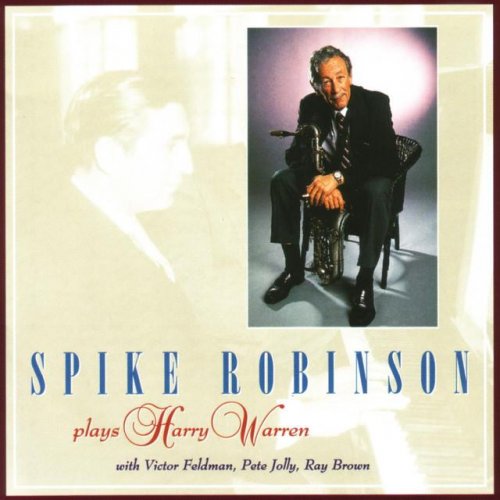
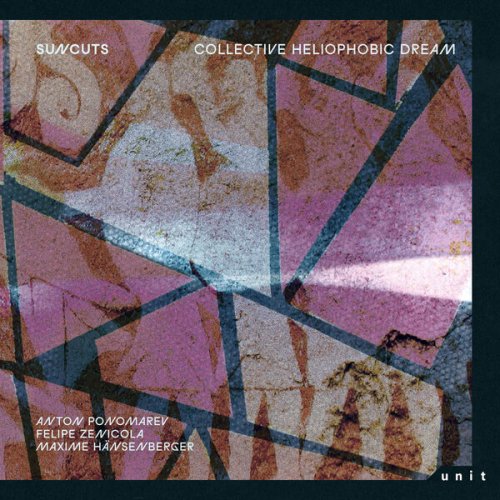

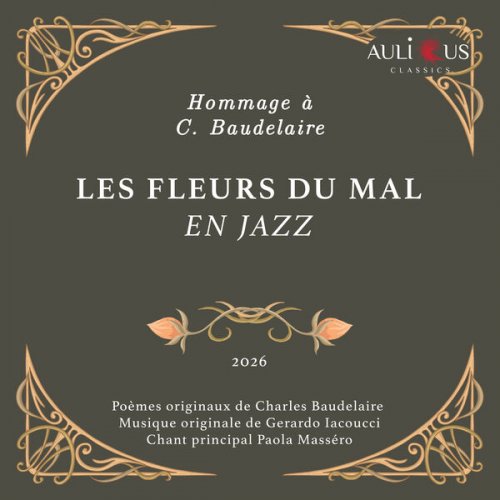
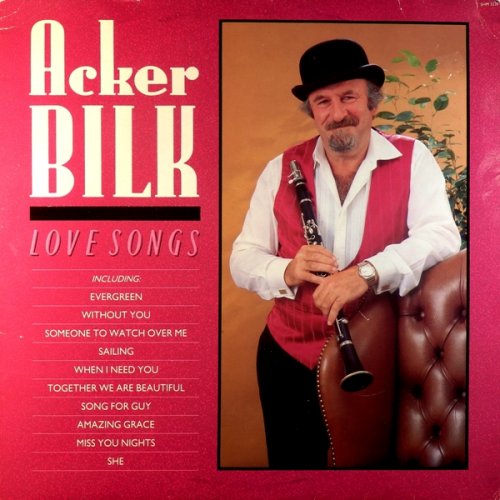
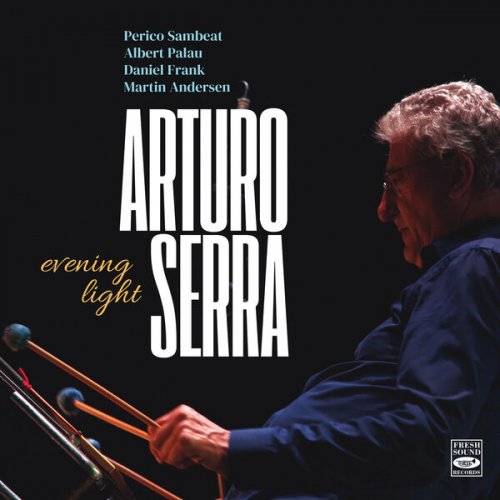
![Various Artists - Lost Tracks: Accra to Addis (2026) [Hi-Res] Various Artists - Lost Tracks: Accra to Addis (2026) [Hi-Res]](https://img.israbox.com/img/2026-02/26/lqvyrzr9f9yed5j0r3zv7c1r6.jpg)